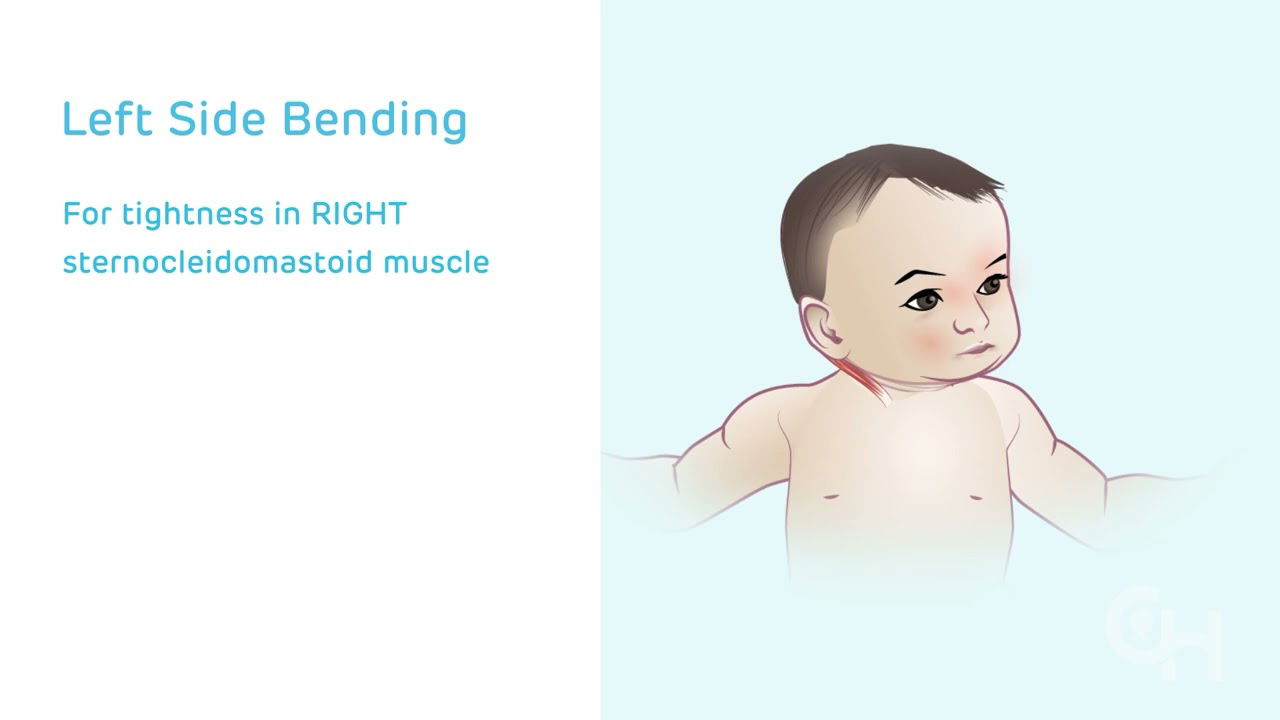Reality TV Stars Ashley and J.P. Rosenbaum: A Journey from Love to Parenting Challenges
Ashley and J.P. Rosenbaum, who met and fell in love on The Bachelorette, share two beautiful children despite their eventual divorce. After being observe, Ashley seeked medical advice, ultimately helping Essex get the care she needed.
The Bachelorette Love Story and Its Legacy
With nearly 30 seasons under its belt, The Bachelor franchise has captivated audiences for years, spawning successful spin-offs like *The Bachelorette*, which premiered in 2003. Though not all love stories from the show last forever, participants often gain devoted fan bases. Season 7 Bachelorette Ashley Hebert is no exception. Through her online presence, Ashley was alerted to a health issue affecting her daughter, Essex, allowing her to address it early on.
View this post on Instagram
Welcoming Two Children
Ashley and J.P. met during the 7th season of *The Bachelorette* in 2011 and married the following year. They welcomed their first child, son Fordham, in September 2014, and their daughter Essex two years later, born on November 4 in Miami, Florida. Like many parents, Ashley shared updates of her children on social media. While she was used to filtering out negative comments, one follower’s remark about Essex’s head position struck a chord. The follower mentioned that her own son had shown similar symptoms and was diagnosed with Torticollis. After reflecting on the comment, Ashley took Essex to the doctor, where the diagnosis was confirmed. Essex soon began treatment, which included wearing a corrective helmet.
View this post on Instagram
Understanding Torticollis
Torticollis, also known as Wryneck, often develops in the womb, though it can also appear after birth or during childhood, when it’s termed ‘Acquired Torticollis.’ The condition causes the head to tilt at an unusual angle, sometimes accompanied by limited neck movement, tight or swollen muscles, severe pain, head tremors, and uneven facial features. In Essex’s case, being a second-born child puts her in the minority, as most babies with Torticollis are firstborns, according to Johns Hopkins University.
The exact cause of Torticollis isn’t fully understood, especially when it’s acquired later. However, common factors include trauma during birth or the baby’s position in the womb. In some instances, other birth defects such as fibrosis, hematoma, or Klippel-Feil syndrome may contribute to the condition.
Treatment Options
Torticollis can have secondary effects on other parts of the body, potentially causing gastrointestinal issues like GERD, vision problems, or adverse reactions to certain medications. Treatment varies depending on the severity of the condition and may include stretches, exercises, or the use of a corrective helmet like Essex’s. In more serious cases, specialists such as Physiatrists, Pediatric Neurologists, or Orthopedic Surgeons may be involved. Playtime activities that engage the baby’s neck muscles, like “active” tummy time or tracking a moving toy, can also help alleviate symptoms.
Looking to the Future
After eight years of marriage, Ashley and J.P. amicably parted ways. J.P. revealed that their public announcement was “just a formality” and that they had already agreed to the separation. He emphasized that there was no infidelity or drama involved, adding, “We were together for about nine or ten years, and we will always be in each other’s lives because of our amazing children. I wouldn’t change anything.”
While reality TV often draws viewers into the drama of others’ lives, there’s a deeper value in following public figures. By sharing their daughter’s condition and their journey with it, Ashley and J.P. have raised awareness about Torticollis. Their experience serves as a reminder to other parents facing similar challenges that with the right support, children with Torticollis can overcome these obstacles.

